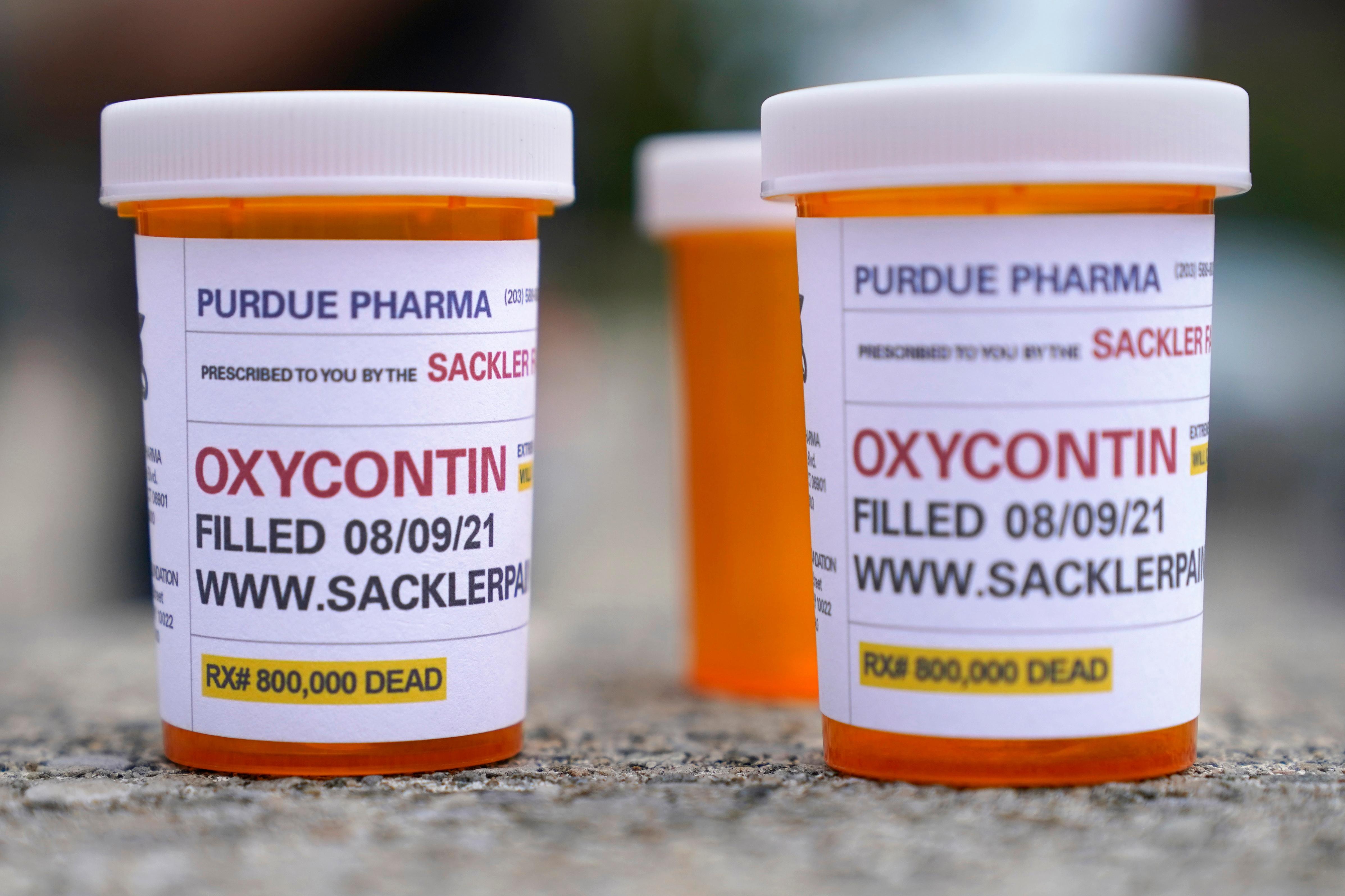This year more people have died from opioid overdoses than ever before, with the CDC reporting more than 100,000 deaths nationally. And Forest County, Mississippi has the 11th highest opioid prescription rate in the nation. James Rowlett is Co-Director of the Center for Innovation and Discovery in Addiction at the University of Mississippi Medical Center. He says experts across the state are working together to research treatments in three major categories.
“Behavioral treatment, behavioral therapies. Trying to make those better. Things like Narcan which are more pharmaceutical type treatments, what can you do to make that critical part of combatting opioid addiction more efficient,” Says Rowlett. “And the third area is genetics and trying to understand genomic relationships as it relates to addiction.”
Rowlett says one of the most deadly forms of opioids is Fentanyl, a synthetic opioid that is extremely potent and often used to lace other drugs. According to the CDC, synthetic opioids account for 64% of all overdose deaths. Rowlett says their research is heavily focused on using science to prevent addiction.
“And trying to discover what it is about a drug like Fentanyl that makes it so toxic,” says Rowlett. “We have an investigator who interested in deterrents in opioid abuse. Reduce the addictive properties of opioids, but keeping their effects still prominent. Hopefully reducing the dependence potential.”
Rowlett says expanded access to healthcare through telehealth has helped to address some of the opioid epidemic. And he says the center will continue to work with community partners throughout the state to expand access to life-saving drugs such as Narcan which can reverse an overdose.




